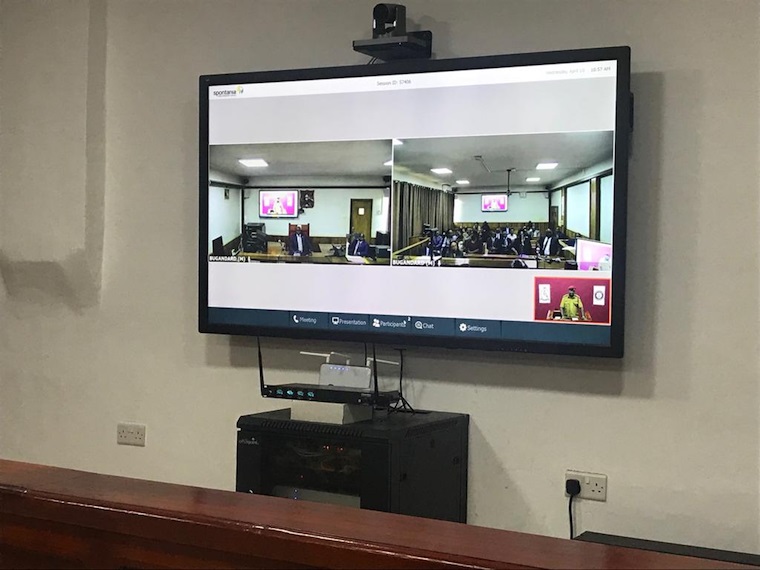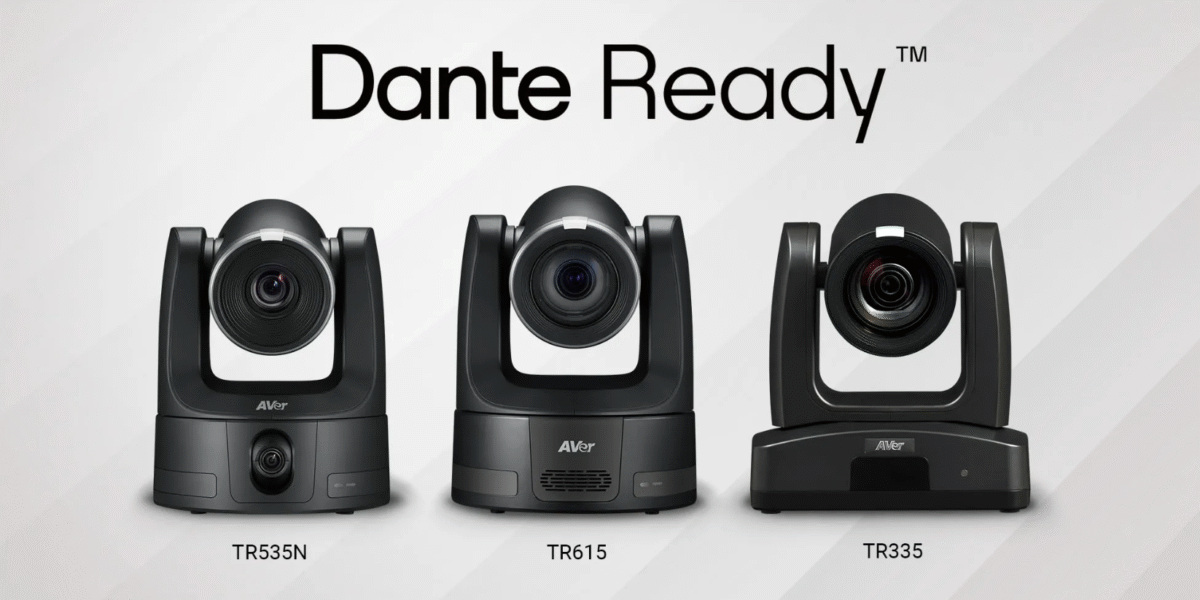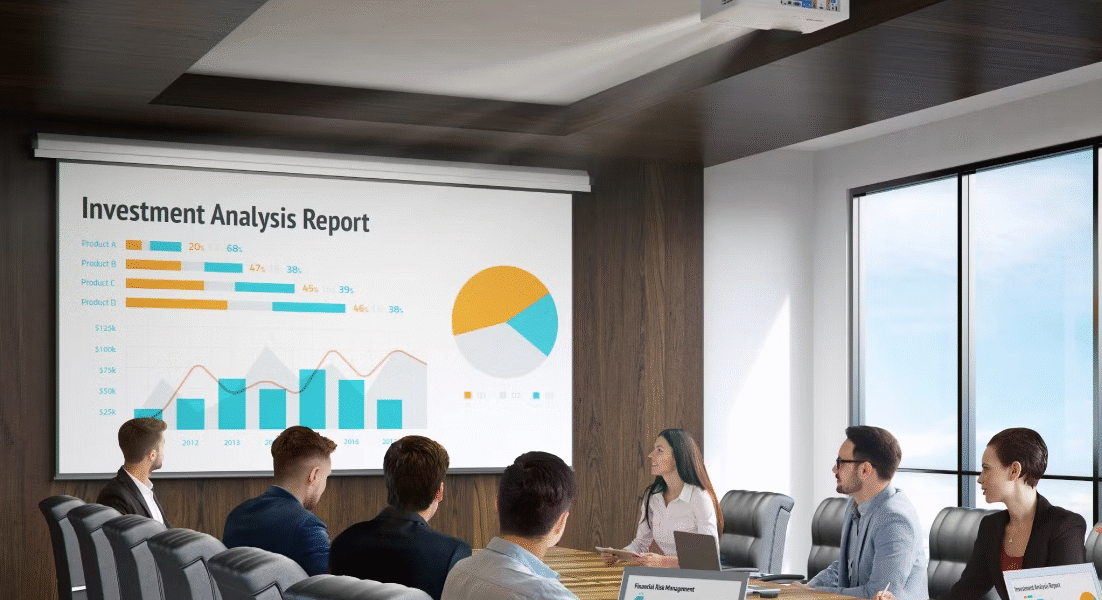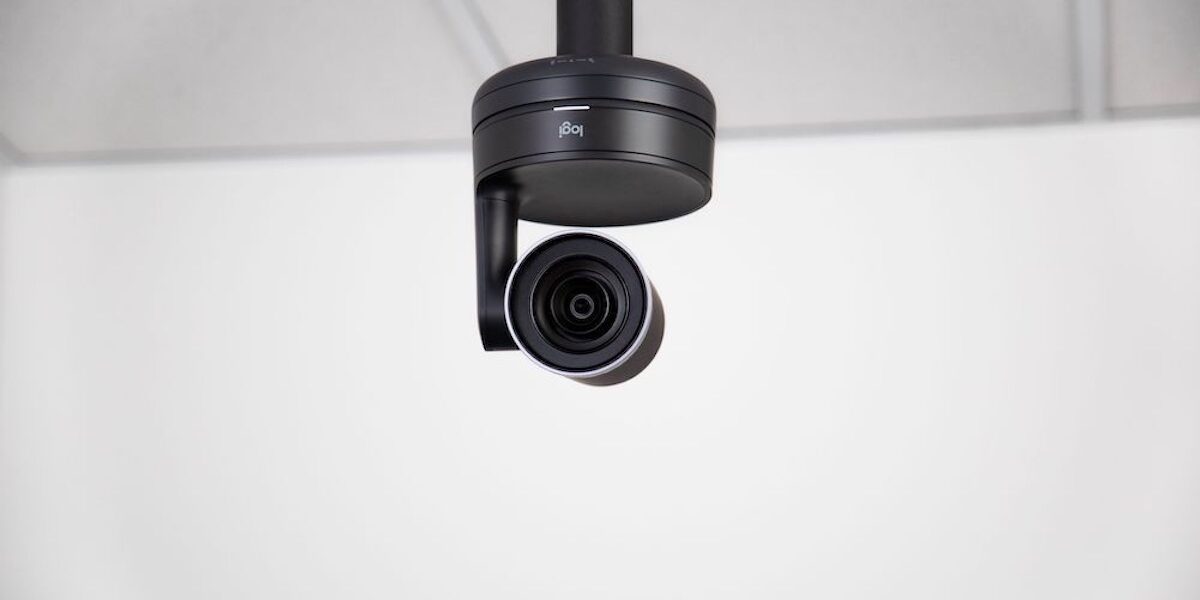The oldest and perhaps the most successful law firms in Uganda pride themselves in providing qualitative representation and definitive legal solutions to their clients, based on the vast experience of their founding partners, their immense resources and the multitude of lawyers at their disposal.
However, technology as we know it today has fundamentally changed the traditional ways of providing legal services the world over, as legal resources and intelligence have become increasingly accessible and affordable, on account of the various technological advances.
On the April 15, 2019, Uganda’s Chief Justice Bart Katureebe launched the audio-video / conferencing system which will provide direct linkage between courts and their users in real-time by relaying sound and video, to increase access to justice, reduce on costs and case backlog in the judiciary. The system, he said, would connect magistrates to inmates in what the judiciary has dubbed as e-justice.
In the years to come, witnesses and users of courts will no longer have to trek long distances to attend sessions and encounter the frustrations of delay and endless adjournments.
But what does this mean for lawyers in private legal practice and in-house legal departments?
Whenever a professional sector faces new technology, questions will always arise regarding how that technology will disrupt daily operations and the careers of those that choose that profession. Like many analysts have observed before, the practice of law has never been more competitive and fierce as it is today. The ability to adopt and utilize efficient technology will become critical to the success of any lawyer’s legal practice.
With the inception of audio-visual technology in the legal profession, it will mean that lawyers will no longer have to endure the risks and tedious hours associated with up-country travel, simply to take client interviews and make witness statements, hold meetings or attend a conference, for what would otherwise be profitable billable hours, if it were not for the time-consuming travel.
The benefits of using audio-visual technology cannot be understated. Prior to the launch of the virtual courts conferencing and audio-visual solution by the chief justice, many financial institutions and civil society organizations in Uganda had already embraced it in their day-to-day operations.
It is fast becoming a resourceful and cost-effective tool in as far as meeting the business needs of many profitable entities and organizations that wish to increase their output, efficiency and reduce overhead costs are concerned.
In the years to come, video conferencing and related digital communication technologies will act as an enabler for legal practice to break the barriers of what has been known to be a deeply conservative profession. No longer will legal professionals have to travel miles and cross regional borders to negotiate and conclude business transactions when the same can be done from the comfort of their own boardrooms via audio-visual link.
It is perhaps time that legal practitioners stepped out of their comfort zones to understand what technology has to offer and how best to integrate it into their work systems or else, they will risk a significant decline in their profits and face the ultimate possibility of extinction, as was the case with previous giant brands like Kodak, Motorola, MySpace, Siemens Mobile and Yahoo, among others, which were inflexible to the changing times and could have underestimated the impact of the digital age.
In preparing for the future, it is imperative that lawyers and entrepreneurs appreciate this unprecedented shift in the provision of services; otherwise, they will be left behind.






